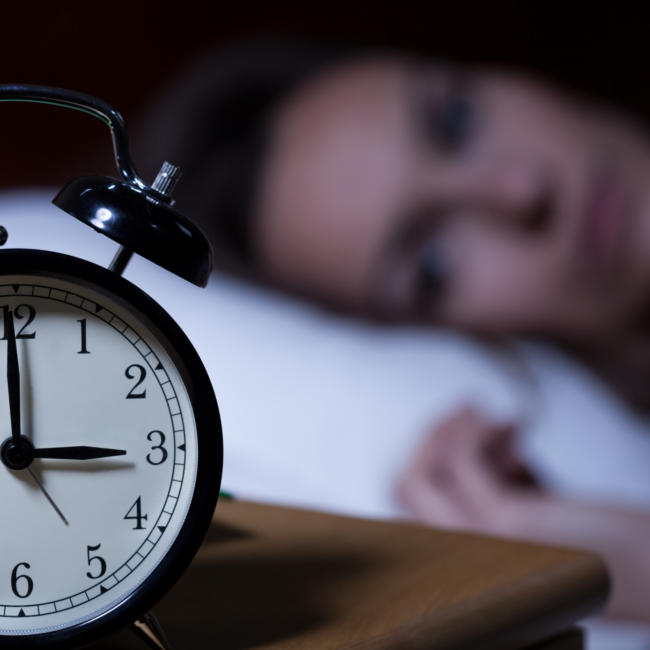Managing your weight as well as healing from auto immune diseases such as lupus or Hashimoto’s, diabetes, heart disease, MS or any other autoimmune disease, may depend on how you sleep. Sleeping well may depend on what and when you eat. Your diet and sleep are closely connected and both are essential to your mental and physical well-being.
Changing your sleep habits is not as hard as it may seem. It does take time and patience with yourself. It’s not simply a matter of deciding to go to bed earlier. For many, it can also depend on a life/work balance. The balance may be off and thus it highly impacts your sleep. It ought to be called life/work/sleep balance, honestly.
Small shifts in lifestyle habits will help you maintain a healthy weight and enhance the quality of your sleep. Consider these strategies to discover positive changes you can start making today. Start with one and add one every day. Small steps make a bigger impact than trying to do them all at once.
Change Your Sleeping Habits:
- Resist cravings. Sleep deprivation interferes with making sound decisions, so you’re more likely to choose French fries instead of a green salad. You’re also less likely to reach for comfort foods when your body feels well-rested. Learn more about how sleep affects food cravings… salt, sugar, and neurotransmitters
- Balance your hormones. Lack of sleep disrupts your hormones. Ghrelin(hunger hormone) levels rise and Leptin(weight loss hormone) levels fall, making you want to eat more. Learn more about flipping your fat-burning switch with leptin….
- Boost your metabolism. Your body needs adequate rest in order to process insulin effectively. Otherwise, your metabolism slows down and your body stores more fat. In response, your cortisol levels must compensate for imbalanced insulin. Learn more about how cortisol affects weight loss, hormone balance, and suppressed immunity…
- Be consistent. To get sufficient sleep, try going to bed and waking up on a regular schedule. Stick to your routine even on weekends and holidays. Learn why the time of day you sleep matters…
- Wake up early. Studies show that night owls tend to eat diets higher in unhealthy fats and overall calories. Training yourself to rise earlier may help you lose weight. Learn why you crave salt and sugar at night..
- Adjust the lights. Morning light helps you to become alert, and dark nights help you to fall asleep. Eat breakfast outside or take a walk before work. Close your bedroom curtains at night, and shut off TV and computer screens an hour or two before you go to bed. Learn more about your light-sensitive gland and how it affects your wake-sleep cycle…
- Block out the noise. Do you live in an apartment? It may be hard to block out noises from roommates, noisy neighbors or city traffic. Drown out background noises with a fan, pink noise machine or sleep frequency music. Learn more about frequencies and the brain...
Change Your Eating Habits:
- Set a fasting curfew. Digesting heavy meals makes it more difficult to sleep. Avoid late-night snacking or choose something light like a piece of fruit. Stop drinking and eating at least half an hour before bedtime. Read more about intermittent fasting while you sleep..
- Watch your caffeine. Moderate amounts of caffeine are safe for most adults. On the other hand, the stimulating effects can last anywhere from 5 to 12 hours depending on the individual. Cut back on coffee and chocolate if caffeine keeps you up at night. Learn more on how caffeine interferes with digestion…
- Drink responsibly. Alcohol may make you sleepy, but you’ll probably toss and turn. It’s also hard on your liver which is key in digestion. Skip the nightcap and drink plain water before bed. Learn more on the damaging effects of alcohol and how to reverse it…
- Prevent acid reflux. Spicy and acidic foods cause heartburn, and lying down adds to the discomfort. You can help relieve acid reflux symptoms by avoiding triggers like high-fat foods, spicy dishes, citrus fruit, tomatoes, and chocolate. You may find it also triggers dreams and nightmares. Learn about why antacids have long-term damaging effects and what natural options you have…
- Create rituals. Most experts say that warm milk doesn’t contain enough tryptophan to induce sleepiness. On the other hand, you might find it soothing to drink a cup of tea or eat more magnesium rich foods like cherries. Learn more about what foods will help you sleep better…
- Increase serotonin. Serotonin is one of the main hormones associated with healthy sleep because it binds L-phenylalanine to magnesium and is transformed into melatonin. You can find it in complex carbohydrates like whole grain bread, and herbs like sage and basil and other good sources like fish and poultry. But remember, don’t try to eat a whole bunch of these foods just before bed. Learn more why high glucose foods interfere with hormone balance…
- Eat more magnesium. Nutrients like magnesium act as natural muscle relaxants that fight anxiety and encourage sleep. Foods high in magnesium include leafy green vegetables, avocados, and nuts. Learn why calcium and magnesium are partner minerals…
Keep in mind that what you do in the kitchen and before bedtime may affect how you sleep. When you pair good quality sleep with a nutritious diet you reduce your risk for many health conditions and increase your chances of living a healthy, disease-free and active life.




